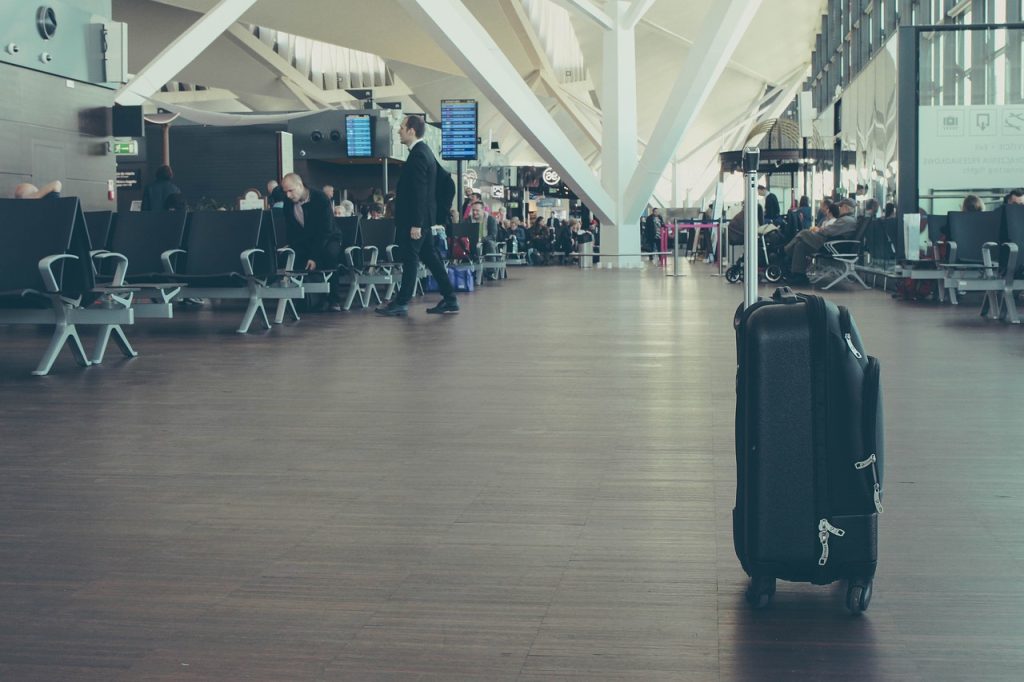Alicante Airport (ALC), located on the southeast coast of Spain, is the gateway to the Costa Blanca, a region famous for its vibrant tourist life and scenic beauty. While it is a hub of activity and connection, passengers often face the inconvenience of flight delays and cancellations. This article explores the causes behind these disruptions at Alicante Airport and provides insights into how they can be managed.
Key Factors Contributing to Delays and Cancellations
1. Weather Conditions
Alicante, though known for its generally pleasant Mediterranean climate, is not immune to adverse weather conditions, particularly during the autumn and winter months. Fog, thunderstorms, and strong winds can significantly impact flight schedules. The coastal location of the airport means that sea weather systems can also contribute to sudden changes in weather conditions, leading to delays or cancellations.
2. Air Traffic Congestion
As one of the busiest airports in Spain, especially during the summer months, Alicante Airport faces significant air traffic. The influx of flights, particularly from international destinations across Europe, can lead to congestion both in the air and on the ground. This congestion is a common cause of delays as aircraft queue for takeoff or landing slots.
3. Technical Issues
Technical problems with aircraft are another critical factor. These can range from minor technical faults that require quick fixes to major issues that might necessitate taking an aircraft out of service temporarily. Airlines operating out of Alicante Airport frequently face such challenges, partly due to the high utilization rates of aircraft during peak tourist seasons.
4. Strikes and Staff Shortages
Labor disputes and strikes are not uncommon in the aviation industry and can affect ground operations, including baggage handling and flight dispatch processes. Additionally, staffing issues, particularly during peak times, can slow down airport operations, leading to delays and even cancellations if the staff cannot efficiently handle passenger and aircraft flow.
5. Regulatory and Safety Protocols
Stringent safety and security protocols, while necessary for passenger safety, can also lead to delays. Inspections and regulatory checks may take longer than expected, impacting flight schedules. Furthermore, the evolving nature of international regulations, especially health-related ones seen during the COVID-19 pandemic, has added layers of complexity to standard operational procedures, affecting the timeliness of flights.
Impact on Passengers and Airlines
Flight delays and cancellations not only disrupt travel plans but also have a significant economic impact on airlines and local businesses. For passengers, these disruptions can lead to missed connections, additional expenses for food and accommodations, and a general increase in travel stress. Airlines, on the other hand, face potential compensation claims, decreased customer satisfaction, and the logistical nightmare of rearranging flight schedules and crew allocations.
Managing Delays and Cancellations
1. Improved Weather Forecasting and Monitoring
Investing in better weather forecasting technologies and having more robust monitoring systems in place can help in anticipating and mitigating the impact of adverse weather conditions. This can allow airlines and airport authorities to make more informed decisions quicker, potentially reducing weather-related delays.
2. Enhancing Air Traffic Management
Adopting advanced air traffic management solutions can help in dealing with congestion effectively. This includes better scheduling techniques, the use of AI to predict peak times, and improved communication between the control tower and aircraft to optimize the flow of departures and arrivals.
3. Upgrading Technical Maintenance
Regular and thorough maintenance checks can reduce the likelihood of technical failures. Airlines could invest in more comprehensive training for maintenance crews and adopt newer technologies that allow for faster diagnostics and repair, thus minimizing downtime for aircraft.
4. Addressing Labor Issues
Building better relationships with employee unions and ensuring that staff are well-compensated and have good working conditions can reduce the incidence of strikes and staff shortages. Forward planning for peak periods by hiring temporary staff could also alleviate some of the pressure on existing employees.
5. Streamlining Security Processes
While maintaining high security is non-negotiable, streamlining these processes through better technology, such as faster and more efficient scanning equipment, and additional training for security personnel, can help speed up operations without compromising safety.
Conclusion
Understanding the multifaceted reasons behind flight delays and cancellations at Alicante Airport is key to finding effective solutions. By addressing these issues systematically, it is possible to enhance the efficiency of airport operations, improve the travel experience for passengers, and reduce the economic burden on airlines and local businesses. The future of air travel at Alicante Airport hinges on a collaborative approach to tackle these challenges, ensuring that it remains a welcoming gateway to the Costa Blanca.
Frequently Asked Questions (FAQs)
What are the most common causes of flight delays at Alicante Airport?
The most frequent reasons include adverse weather conditions, air traffic congestion, technical issues with aircraft, labor strikes, and rigorous safety protocols
How does Alicante Airport handle unexpected weather disruptions?
Alicante Airport uses advanced weather forecasting and monitoring systems to anticipate adverse conditions, allowing them to manage flight schedules more effectively to minimize delays
What can passengers do to prepare for potential delays at Alicante Airport?
Passengers are advised to check their flight status regularly, especially during adverse weather conditions or peak travel seasons, and consider travel insurance that covers delay-related expenses
Are there any improvements planned for Alicante Airport to reduce delays and cancellations?
Plans include enhancing air traffic management systems, upgrading maintenance practices for aircraft, and investing in more efficient security processes to streamline operations
What compensation is available for passengers affected by flight delays or cancellations at Alicante Airport?
Passengers may be entitled to compensation under EU law if their flight is delayed for more than three hours or cancelled without sufficient notice, subject to specific conditions
